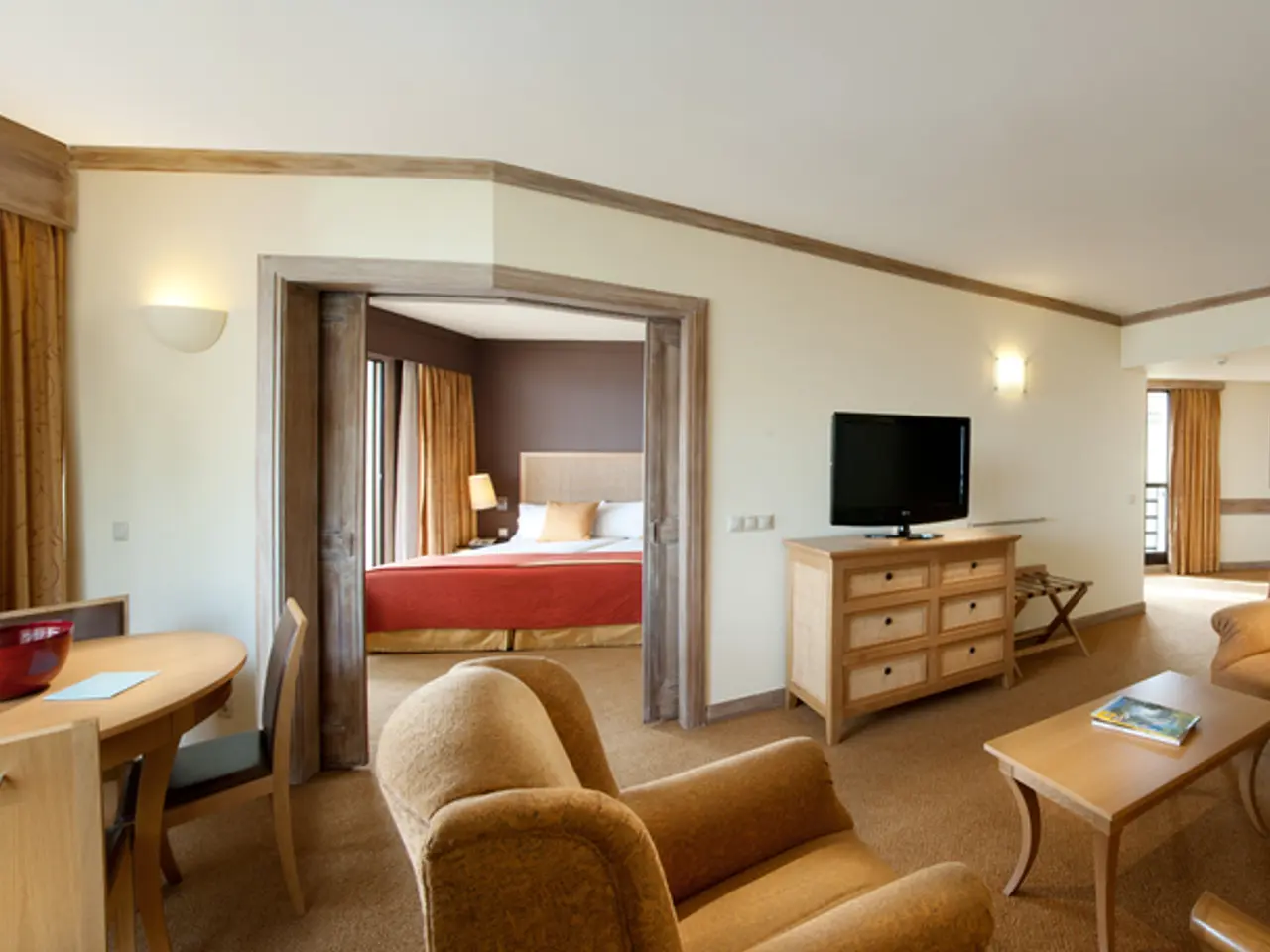"Blackforest timepieces captivate me, despite my skepticism"
===========================================================================
The Blackforest Clock Company, founded in 1928 by Leopold and Sara Stossel in Toronto, Ontario, Canada, was a unique blend of Canadian and German clock-making traditions. Despite its name suggesting a connection to the Black Forest region of Germany, famous for traditional cuckoo clocks, the company itself was a Canadian enterprise.
Initially, the Blackforest Clock Company imported clock movements and complete clocks from Germany and sold them across Canada through department stores and jewelry retailers. Some clocks were assembled locally in Toronto, often using German movements combined with cases possibly made by the Walter Clock Company in Kitchener, Ontario. These cases reflected traditional styles favored in Canada.
However, during World War II, the company's supply lines were disrupted, and it had to import movements from England, the United States, and France. In 1941, facing rising anti-German sentiment, the company rebranded itself as the Forestville Clock Company to distance itself from its German associations.
The Blackforest Clock Company's name, evoking the renowned Black Forest region of Germany, was likely a marketing strategy to capitalize on the prestige of German clock-making. The company's clocks, however, were known for their simple, well-designed movements that were easy to work on. The movements featured tiny wheels and pivots, and a unique twisting pendulum that served as a rate adjuster.
Ed Stossel, the son of the founders, started working part-time with the company in the 1930s and became a full-time employee in the late 1940s. In the 1950s, German factories again became the source of movements, with Mauthe being a major supplier. This arrangement continued until the company's closure in the 1970s.
Today, the Blackforest name can still be found under the 12 on some clocks, but it can be removed during refinishing. The Blackforest Clock Company's legacy lies in its role as a bridge between Canadian and German clock-making traditions, bringing German craftsmanship and movements to Canada while maintaining a distinct Canadian identity.
[1] "The Black Forest Clock Company: A Canadian-German Legacy." (2020). Retrieved from www.canadianclockhistory.ca [2] "Black Forest Clock Company." (n.d.). Retrieved from www.clockarchives.com [3] "The Black Forest Clock Company: A Canadian Success Story." (2018). Retrieved from www.thestar.com
- After World War II, the Blackforest Clock Company faced disrupted import lines for movements from Germany and switched to importing from England, the United States, and France, but in the 1950s, German factories, including Mauthe, became their primary source once again.
- Despite the evocation of the Black Forest region, the Blackforest Clock Company was a Canadian enterprise that sold vintage clocks and clock movements, creating a unique blend of Canadian and German clock-making traditions.
- In contemporary times, the Blackforest name can still be found on some clocks, although it can be removed during refinishing, reflecting its continued presence in the home-and-garden, lifestyle, and gadgets scene, amidst the advancements of technology.




